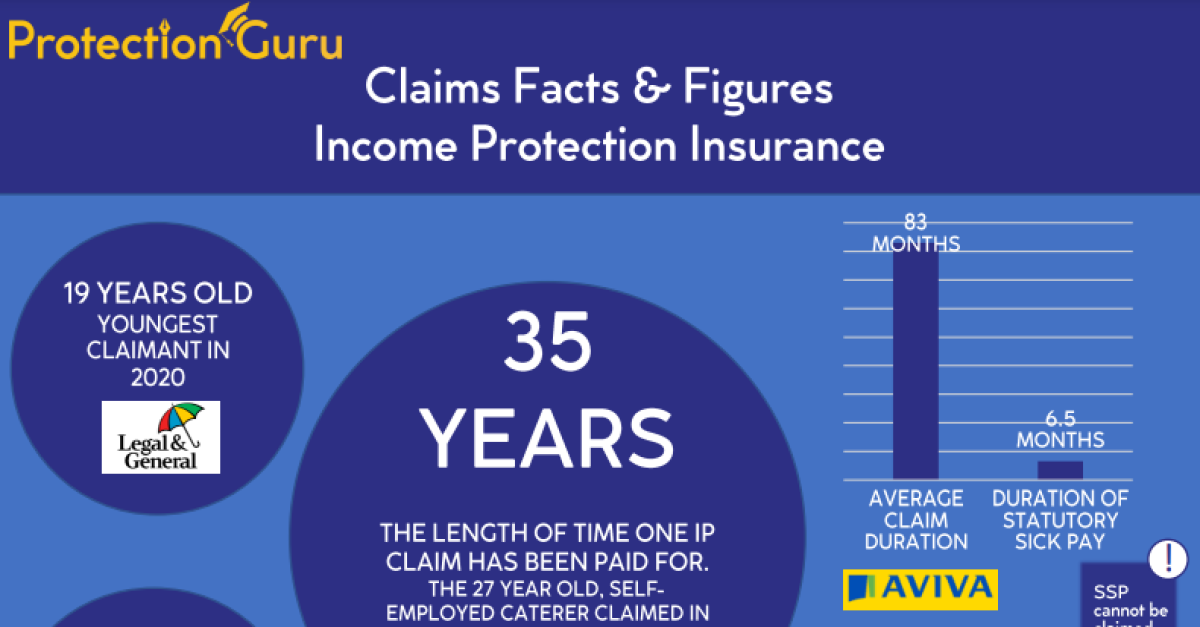
What additional support could insurers offer during the menopause?

Today we consider what support outside of the core cover of protection plans, insurers might be able to offer to someone struggling with menopausal symptoms.
One of the most frustrating things about the menopause from a career perspective is that its symptoms hit women at the peak of their careers, when they have accumulated years of valuable experience and are possibly in senior leadership roles.
The UK economy can’t afford to lose these talented women from the workplace due to a lack of support during the menopause which forces them to give up work. This is why this week’s appointment of Helen Tomlinson as the government’s first ‘menopause employment champion’ is a step in the right direction.
Tomlinson’s role will be to advise employers on what they can do to retain women who are experiencing menopausal symptoms and help them progress at work. But this is not an issue solely for the government and employers – insurers are also in an influential position to normalise conversations around the menopause and provide support for women who are going through it.
Menopause support from insurers does not need to be financial. There are many kinds of ‘value added’ benefits and services that insurers already offer, regardless of whether clients claim on their policies. Menopause specific information, health advice or treatments could be easily added to insurers’ value-added services, which could make a big difference to women’s lives.
Whenever treatment for menopause is mentioned, references to Hormone Replacement Therapy (HRT) are never far away. As the name suggests, HRT – which is available as tablets, skin patches or a gel – replaces hormones like oestrogen that become ‘lost’ during the menopause.
HRT is often in the news because some forms of it have been difficult to get hold of – particularly testosterone replacement therapy – and it has been seen as a ‘postcode lottery’. Protection Guru’s panel of practicing medical experts say testosterone replacement therapy is often prescribed because numerous clinical trials have shown it to have various benefits, such as increased energy and sex drive, improved concentration and memory, higher quality sleep and a lack of significant side effects. “Taking testosterone as part of HRT can provide further improvements than taking oestrogen alone, with or without a progesterone,” say our medical experts.
Affordability has also been an issue with HRT. Around 15% of women aged 45-64 are currently prescribed HRT in England but calls for them to receive it free on the NHS, as those in Scotland, Wales and Northern Ireland do, have been unsuccessful so far. However, the government is launching a discount scheme next month – the HRT Prepayment Certificate. This enables women in England to buy a year’s supply of HRT for the cost of two single prescriptions – currently £18.70.
Given that there have been difficulties in obtaining HRT on the NHS, with women potentially having to pay for it privately, help from providers to access HRT could be very welcome, especially if it meant women needed less time off work. However, HRT will not be right for everyone – some women don’t want to use it and it may be unsuitable for others with certain health conditions that require medication that interacts with HRT.
A history of female cancers, blood clots and being diagnosed with liver disease are examples of health conditions that will impact on the suitability of HRT. In this case, women will be looking for alternative ways of managing the symptoms of menopause and insurers can also help with these.
Our panel of medical experts highlight the importance of diet and a healthy lifestyle during the menopause. Diet is particularly important during menopause as it is easier to gain weight around this time and being overweight increases the risk of developing serious health conditions such as heart disease and breast cancer.
These are things that people may already know, but it can be difficult for people to know exactly what to eat and drink, what to avoid and what types of exercise are best for managing menopausal symptoms unless they are provided with specific information.
For example, a diet rich in calcium encourages good bone health, while reducing sugar intake can lower the risk of developing diabetes later in life. “Certain foods are also known to influence gut health, emotions and wellbeing, and others are known to specifically exacerbate menopausal symptoms, such as spicy foods,” say our medical experts.
More generally, keeping well hydrated by drinking plenty of water, boosting energy levels through regular exercise, reducing alcohol, exploring mindfulness and meditation, or giving up smoking can also help women navigate the menopause and lead healthy, fulfilling lives.
Simple advice like this from dieticians or other medical professionals can guide people towards the right behaviour – if we know exactly what is good for us and why, we are more likely to try to stick with the lifestyle changes we are making.
However, for some people going through the menopause or the run up to it (perimenopause), providing access to Cognitive Behavioural Therapy (CBT) could be helpful. A Women’s Health Concern factsheet produced by Professor Myra Hunter and Dr Melanie Smith with the British Menopause Society describes CBT as helping people develop practical ways of managing problems through new coping skills and strategies.
According to the factsheet, the way we think about symptoms can affect how we feel and what we do, which can then increase the intensity of our bodily reactions. CBT is all about replacing negative and unhelpful thinking patterns with calmer, more constructive thoughts.
Our panel of medical experts point out that CBT has been shown to improve symptoms of anxiety and low mood associated with the menopause, as well as reducing the frequency and duration of hot flushes. However, it can be difficult to access through the NHS, so having this type of treatment as an option available through protection plans would be ‘invaluable’.

















